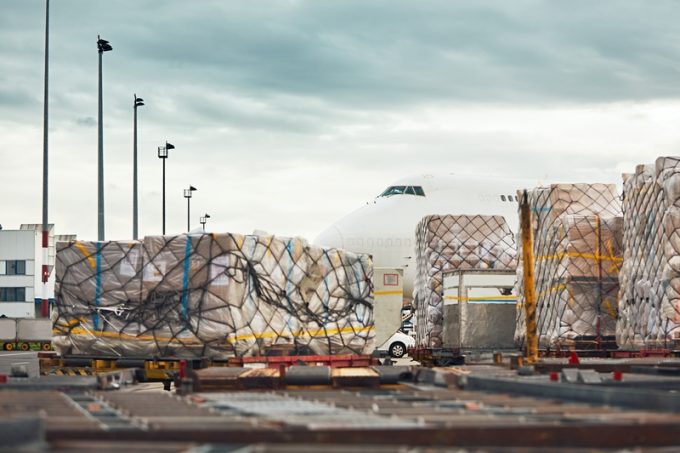Race to get goods out of Asia to the US by air as July deadlines loom
Demand may have plummeted on ocean transpacific lanes, but there is still just about time ...

Shippers should take advantage of lower rates in the first quarter to commit to longer-term airfreight contracts – while forwarders should move off the spot market, according to Xeneta.
Looking to 2024, Niall van we Wouw, chief airfreight officer at Xeneta, said: “Top of mind will ...

Comment on this article